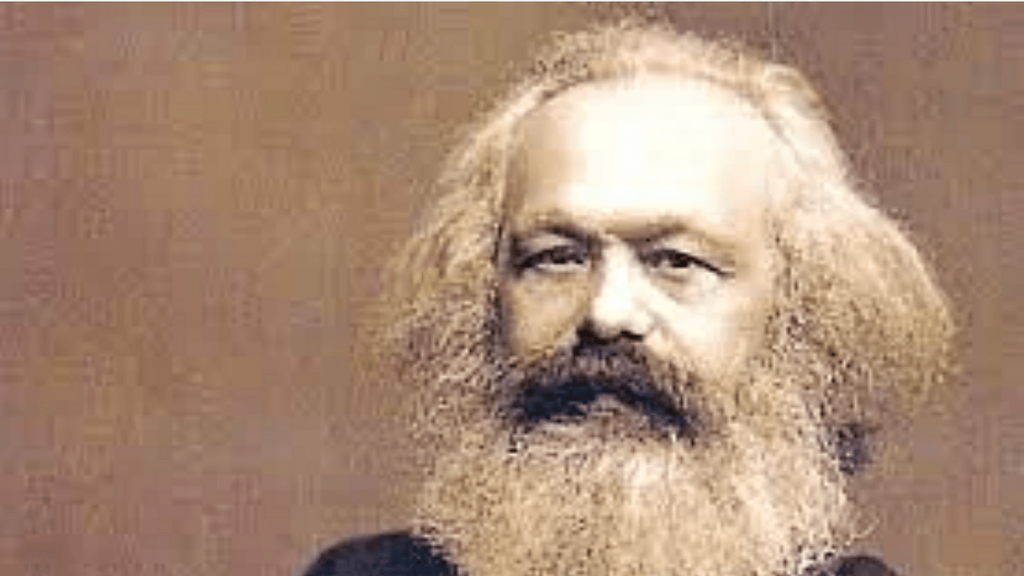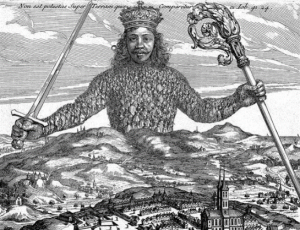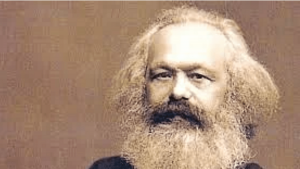
When people think about Karl Marx, most people don’t think about the middle ages as well. That’s a wonder considering how close in thought the two were with regards to usury, or the practice of money lending. The Enlightenment had show us that facts and reason could trump religion. That was important considering that Jews were demonized for many years because of their role as usurers.
Capitalism was roaring ahead at full steam when altruism began to sweep through Europe.
That altruism came with a message against capitalism. The capitalists, Marx argued, looted laborers. Labor was the true generator of profit, and those in control of production were simply stealing. Private property in the eyes of Marx was the problem, the great exploit. Using private property, such as a factory, a man could generate income without so much as lifting a finger.
Doesn’t sound very medieval, does it? It’s true that factories didn’t exist, but Jewish people did. Karl Marx went to great lengths to illustrate that the “profane basis of Judaism” is “practical need, self interest” and huckstering. Marx even went so far as to call money the “worldly god” of the Jewish person.
Not even the church of the Middle Ages would go so far as to say Jews were evil because they lent money. Prior to Marx, criticisms of Jewish people were leveled squarely at faith (which put them in a unique position to loan money). Marx’s ideals influenced several important works of the time, such as the money grubbing Ebeneazor Scrooge in “A Christmas Carol.”



